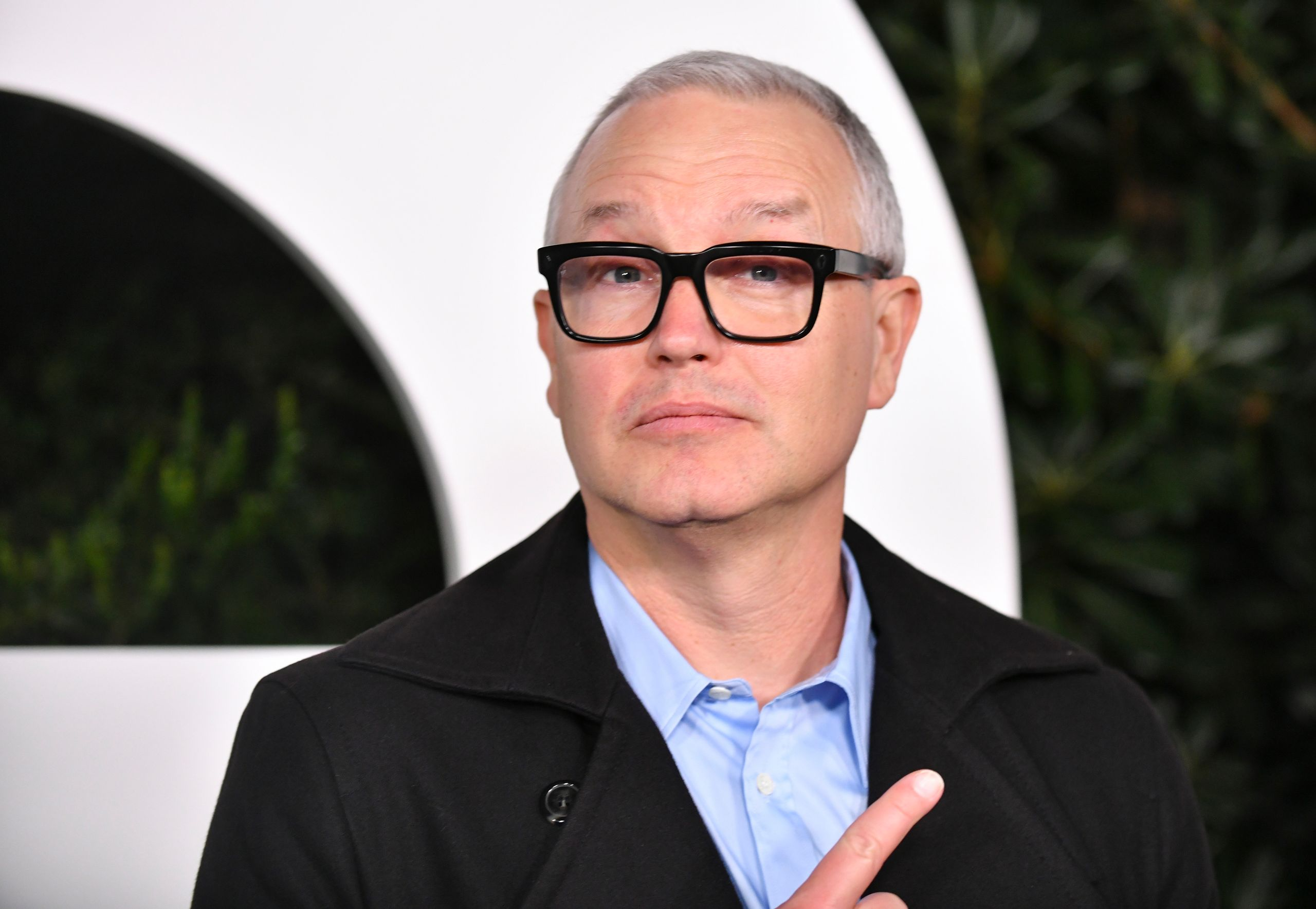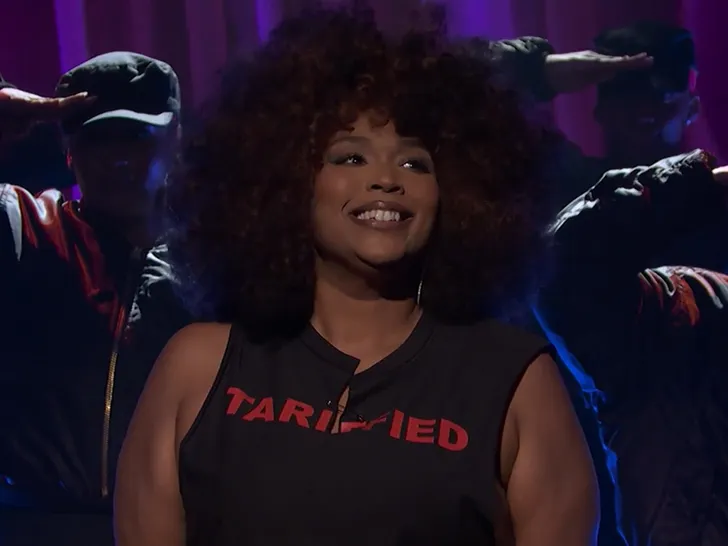Blink-182 bassist and vocalist Mark Hoppus has opened up like never before—detailing the darkest chapter of his life following the band’s split—in his new deeply personal memoir, Fahrenheit-182. In the book, Hoppus shares that the disbandment of the iconic pop-punk trio sent him spiraling into a pit of depression so severe that he found solace in suicidal thoughts.
In an exclusive preview obtained by People magazine, Hoppus reflects on the emotional toll of Blink-182’s breakup and how it left him feeling lost, disconnected, and without purpose. For fans of the band and mental health advocates alike, Fahrenheit-182 is both a raw confession and a story of personal triumph.
Blink-182 Breakup: The Moment That Broke Mark Hoppus
When Blink-182 disbanded, it wasn’t just the end of an era for punk rock fans—it marked the beginning of a mental health crisis for one of its founding members. In the memoir, Mark confesses that the band’s split stripped him of his identity.
“I lost everything—my direction, my confidence, my sense of self,” Hoppus writes. “I didn’t know what I was supposed to do or who I was supposed to be. I’d hear one of our songs playing in a store and have to walk out.”
That quote paints a harrowing picture of how deeply intertwined Hoppus’ identity was with Blink-182’s music and legacy. For someone whose voice helped define a generation of pop-punk anthems, the silence was unbearable.
A Struggle With Mental Health Behind the Fame
Following the band’s hiatus, Hoppus spiraled into a deep depression. His memoir candidly describes a mental decline so profound that he began to find comfort in the idea of ending his life.
“I sank lower and lower,” he writes. “I could tell I was near the bottom when I started finding comfort in the thought of suicide: If it gets bad enough, I can always just kill myself.”
That haunting line shows just how close he came to a point of no return. But fortunately, Mark reached out for help. He began seeing a psychiatrist and was prescribed medication that he says “helped a lot.”
While Hoppus never acted on his suicidal thoughts, his willingness to speak publicly about his experience is being hailed as courageous and important in the ongoing conversation surrounding mental health in the entertainment industry.
The Turning Point: An Epiphany That Changed Everything
After weeks—if not months—of emotional turmoil, something shifted. Mark recounts a moment of inner clarity that helped him begin his path toward healing:
“It let me take a breath. It allowed me the space in my own head to say, ‘You’re being a dick, Mark. Knock it off.’”
That turning point, coupled with professional psychiatric support, became the first step in his emotional comeback. He didn’t minimize the journey—he acknowledged the pain and the recovery process as vital parts of his story.
Fahrenheit-182: A Memoir of Pain, Humor, and Hope
Hoppus has described Fahrenheit-182 as “a triumph of the human spirit,” and for good reason. The memoir is more than a celebrity tell-all—it’s a brutally honest account of a rock star grappling with mental health, identity loss, and ultimately, resilience.
The book also touches on other deeply personal moments in Hoppus’ life, including his 2021 cancer diagnosis and treatment, the birth of his son, and his long-standing friendship with Blink-182 bandmates Tom DeLonge and Travis Barker.
Blink-182’s Legacy and Reunion
Blink-182’s breakup was a huge blow not only to Mark Hoppus, but to millions of fans around the world who grew up with hits like “All the Small Things,” “I Miss You,” and “What’s My Age Again?” The trio—known for their high-energy shows, juvenile humor, and emotionally charged lyrics—shaped the sound of early-2000s punk.
Fortunately, time and healing have brought the band back together. In 2022, the original lineup reunited for a tour, thrilling fans across the globe. The reunion was especially meaningful, considering Hoppus’ cancer recovery and the healing of past rifts between him and Tom DeLonge.
Public Reaction: Praise for Hoppus’ Honesty
The public response to Hoppus’ memoir has been overwhelmingly positive. Mental health advocates, fellow musicians, and longtime Blink-182 fans are praising the rocker for breaking the stigma around suicidal ideation and depression.
On social media, fans have shared their own stories of struggle and healing, tagging Mark and thanking him for his vulnerability. The outpouring of support underlines the impact that celebrity transparency can have on destigmatizing mental health conversations.
A Message to Fans: “You Are Not Alone”
Hoppus’ story is a sobering reminder that even those who seem to have it all—fame, fortune, adoring fans—can be quietly fighting inner demons. His message to fans is clear: you are not alone.
The artist encourages anyone who is struggling to reach out, seek help, and remember that there is always hope. His bravery in sharing his darkest moments will undoubtedly save lives and encourage others to prioritize mental wellness.
If You or Someone You Know Is Struggling
If you or someone you know is dealing with depression, suicidal thoughts, or mental health struggles, help is available. You are not alone.
Call or text the Suicide and Crisis Lifeline at 988, or visit 988lifeline.org to chat with a trained crisis counselor. Confidential support is available 24/7, free of charge.
Final Thoughts: From the Edge to Empowerment
Mark Hoppus’ emotional journey from the edge of despair to empowerment is a powerful reminder of the resilience of the human spirit. Fahrenheit-182 is not just a memoir—it’s a love letter to healing, a call to action for mental health awareness, and a story that resonates far beyond the world of punk rock.
As Mark puts it, this memoir is his triumph. And for anyone who has ever struggled with finding meaning in the silence—his words may be the lifeline they didn’t know they needed.














